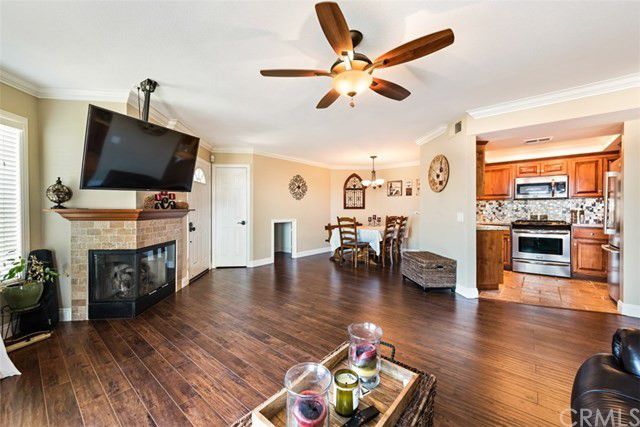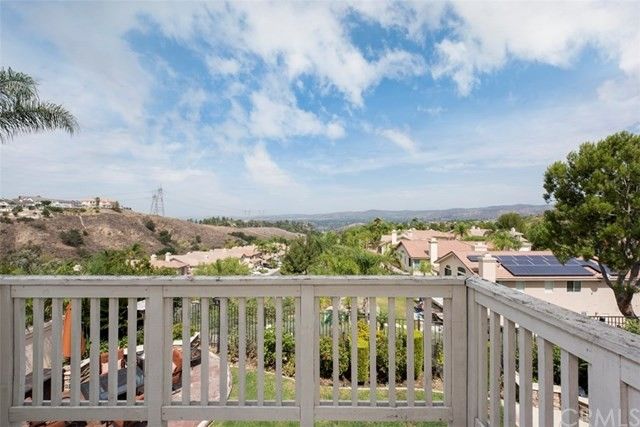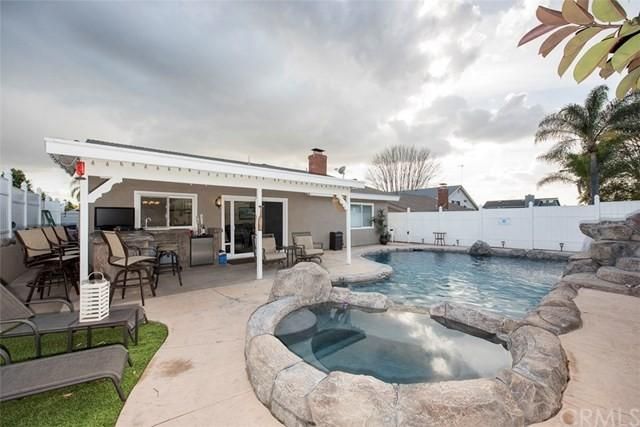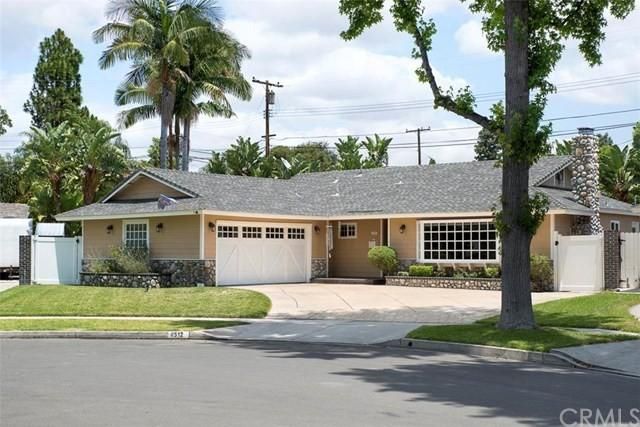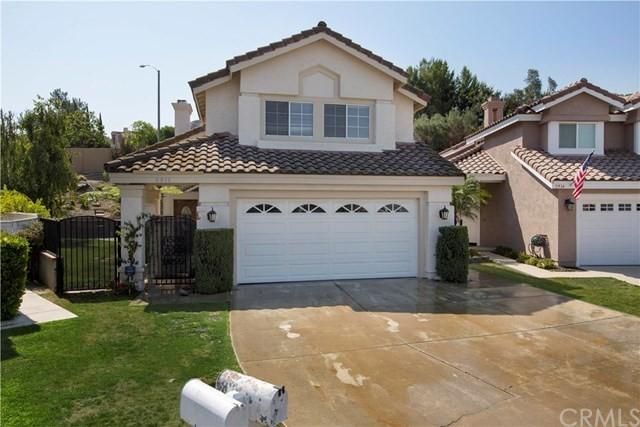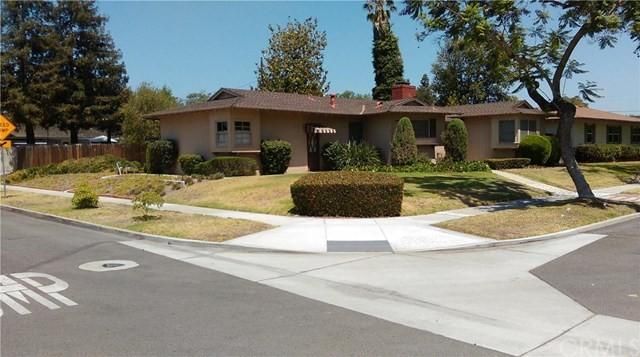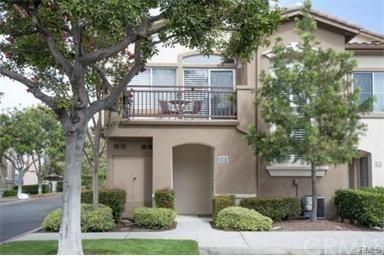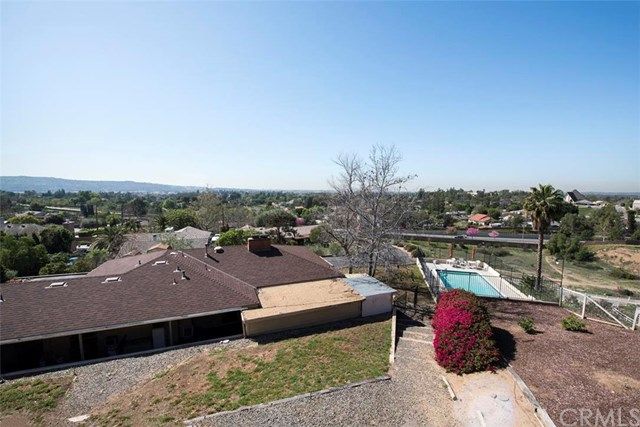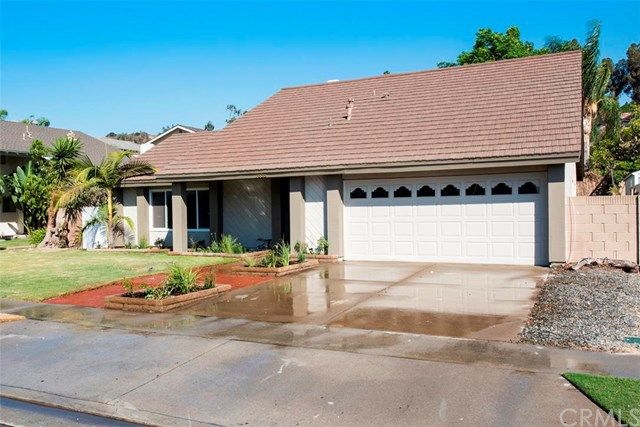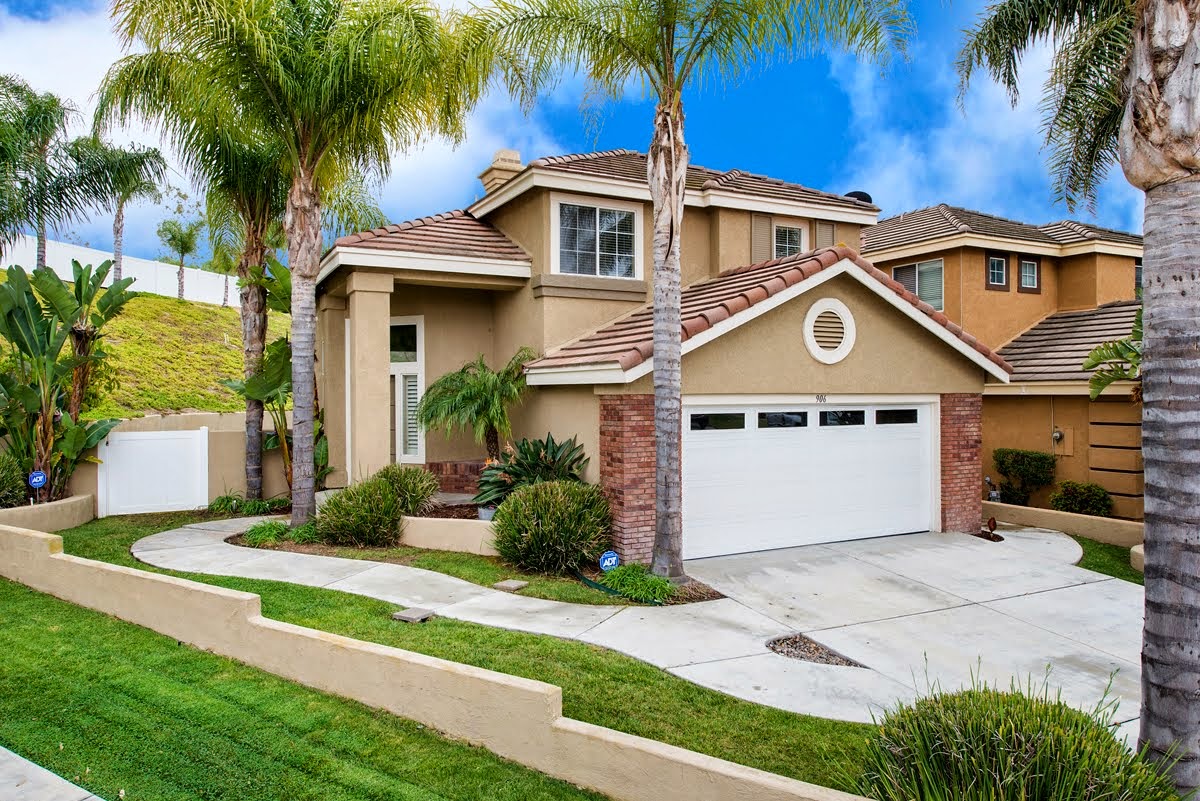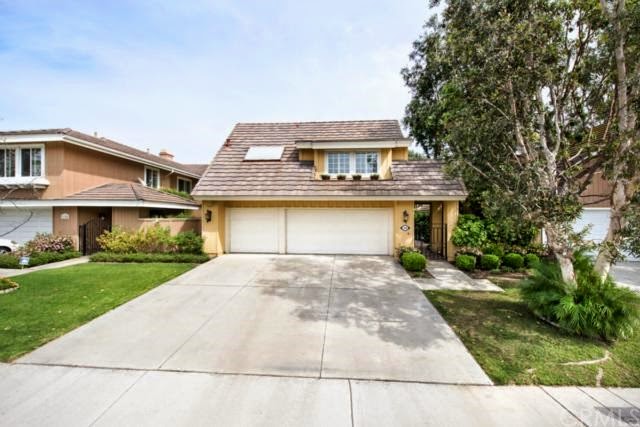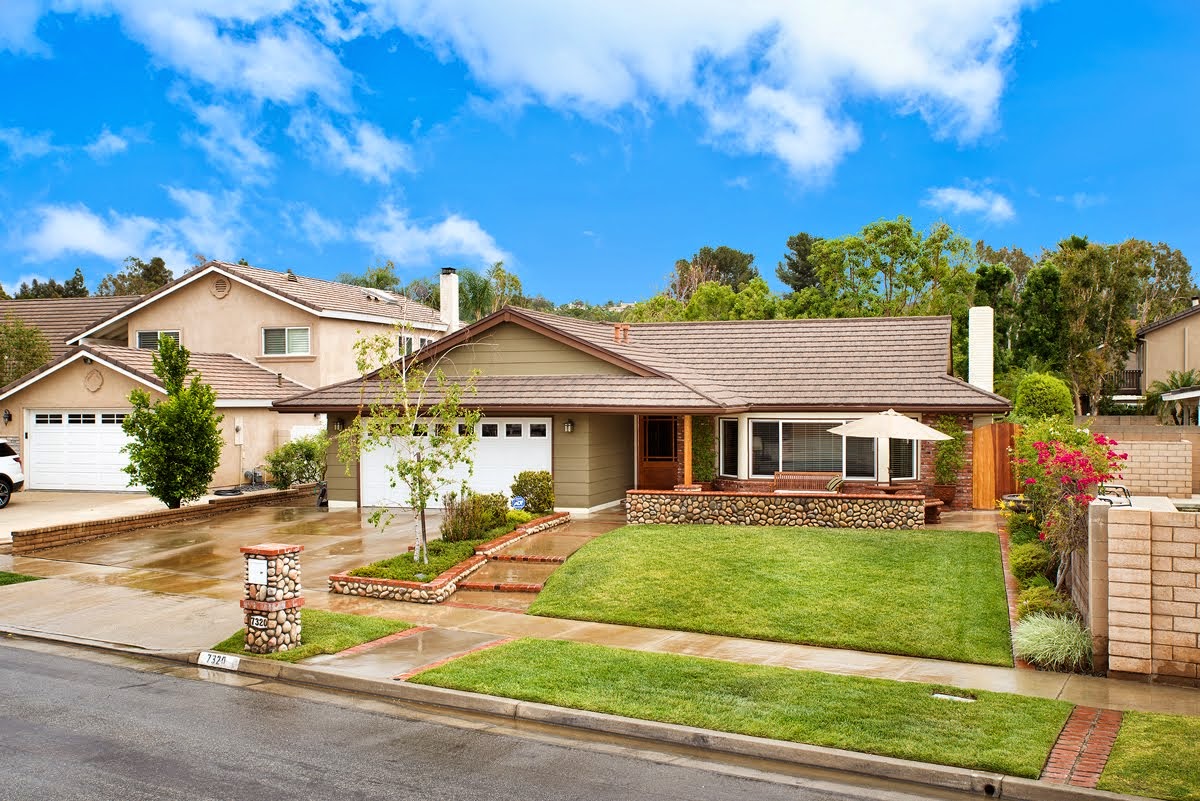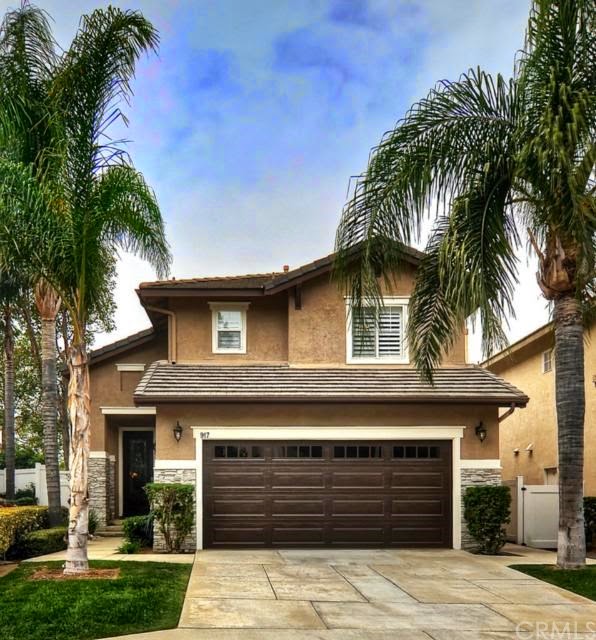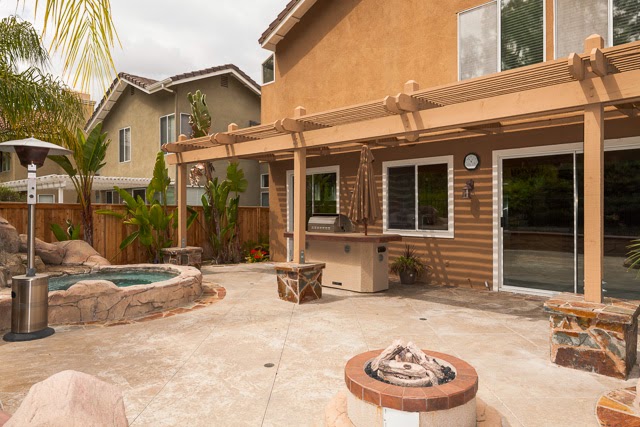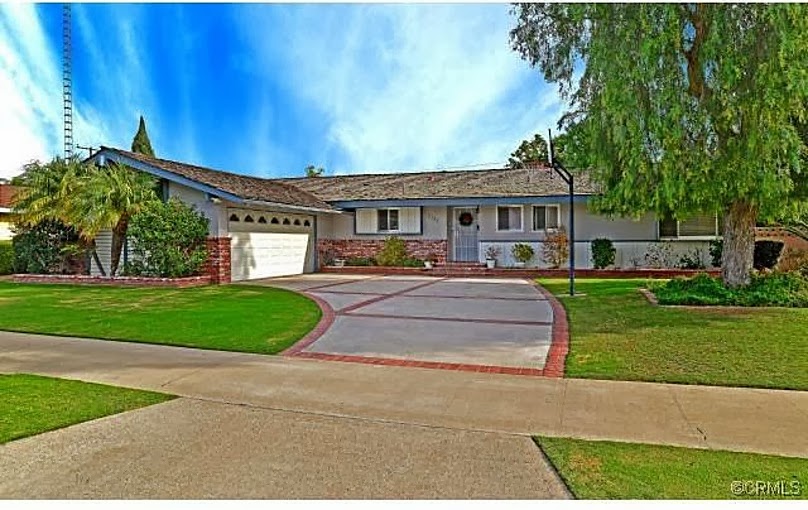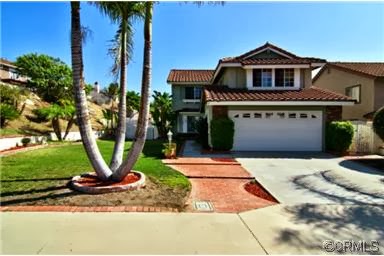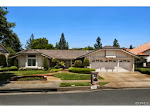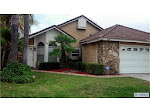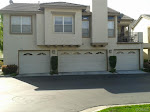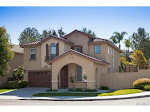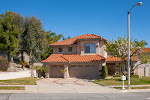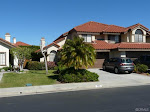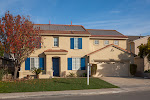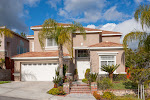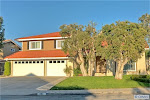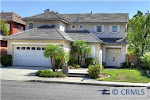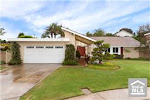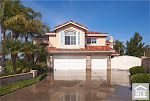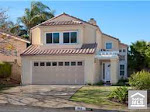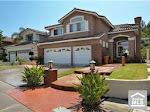Home Prices continue Upward Trend in August
The Standard & Poor's/Case-Shiller home price index for the 20 largest metropolitan areas in the country rose 0.9% from July and 2% from August 2011. It was the fifth consecutive month-over-month increase and the third consecutive year-over-year bump.
Nineteen areas tracked by the index posted gains over July and 17 posted year-over-year increases.
"In a lot of these markets we are going to continue to see these price increases," said Jed Kolko, chief economist and head of analytics for real estate website Trulia.
"On the West Coast, most of the foreclosures are behind us. In California, in Arizona, in Nevada, most of the foreclosures of the housing crisis have already happened," Kolko said. "In addition, in some markets, like the Bay Area, Denver, most parts of Texas, there is pretty strong job growth, which is important for housing demand."
States where a foreclosure is possible without a court order have seen their inventories of foreclosed homes fall as investors have snapped up homes to convert them into rentals or to resell them.
Leading the home price recovery in major metro areas is Phoenix, one of the places that saw some of the steepest declines during the bust. It posted a 1.8% gain from July, and its 18.8% increase from August 2011 is the biggest year-over-year gain among the 20 areas.
Hard-hit Las Vegas, which lagged behind other areas during the bust, was up 1.6% from July and 0.9% from August 2011. California cities have also recovered, with Los Angeles up 1.3% from the previous month and 2.1% from August 2011, San Diego up 0.9% from July and 1.9% from August 2011 and San Francisco gaining 0.5% month over month and 5.3% from a year earlier.
Home prices in the Atlanta area saw a 1.8% uptick from July but were down 6.1% from August 2011. Chicago was up 0.7% month over month but down 1.6% year over year. The New York area was up 0.7% from July but down 2.3% from a year earlier.
"Home prices continued climbing across the country in August," said David M. Blitzer, chairman of the index committee at S&P Dow Jones Indices. "The sustained good news in home prices over the past five months makes us optimistic for continued recovery in the housing market."
The Case-Shiller index, created by economists Karl E. Case and Robert J. Shiller, is widely considered the most reliable gauge of home values.
The housing index compares the latest sales of detached houses with previous sales and accounts for factors such as remodeling that might affect a house's sale price over time. The index is a moving average of home sales combining three months' worth of data — so August's figures are a combination of price performance in June, July and August.
As the traditionally slower fall and winter seasons begin, the index could show milder gains or even head toward negative territory again. Many other factors could hamper a home price recovery, such as another downturn in the economy, tighter lending standards or a surge in new foreclosures.
Many of the gains seen in housing this year have been dependent on investor interest in real estate, said Paul Diggle, an economist with Capital Economics.
"Even with the housing recovery well underway, the share of Americans who own their own home remains more or less at a 16-year low," he wrote in an emailed analysis. "This fact is a reminder that, to date, the recovery still owes a lot to investor demand."
Patrick Newport, an economist with IHS Global Insight, wrote in an email that he expected prices overall to continue rising moderately for the next five years. Many homeowners are still behind on their mortgages, he added, which will keep the recovery a slow one.
"We expect prices to continue rising, but not much faster than inflation," Newport's email said. "About 11.6% of homeowners with mortgages are currently either delinquent on their mortgage or in default, according to data from the Mortgage Bankers Assn. This overhang is a key reason the housing recovery will remain slow."

